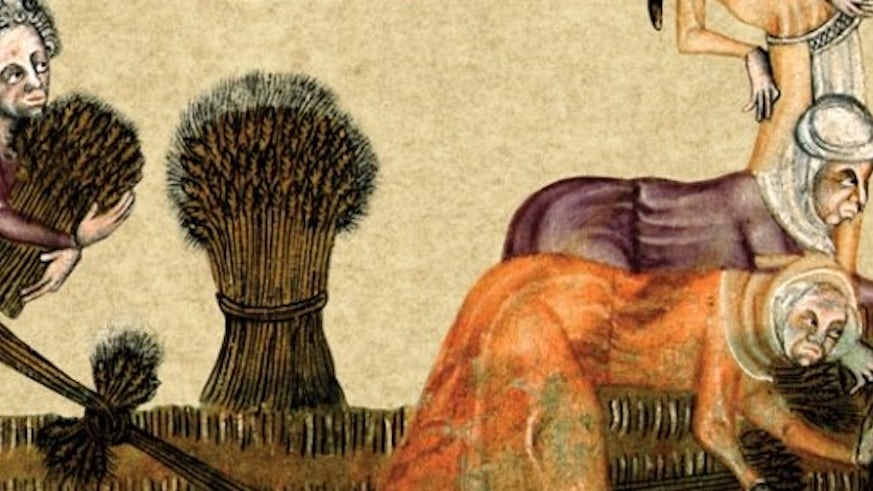Medieval England revealed through lens of ordinary folk
25 September 2019

Historian’s latest book explores the influence of gender on the workings of memory in the Middle Ages
The new book by medieval historian Dr Bronach Kane focuses on non-elites in the Middle Ages, shedding light on the lives of ‘ordinary’ women, servants and labourers, and the more marginal in society, including serfs and the unfree.
In Popular Memory and Gender in Medieval England: Men, Women, and Testimony in the Church Courts c1200-1500, Dr Kane draws a picture of everyday life in medieval England outside of the elite through the detail of church court records. Vivid testimony in cases of marriage, insult, and debt, as well as tithes, testaments and ecclesiastical rights, show how men and women thought about the past and presented their own histories.
While previous studies of memory in this period have tended to explore formal memory techniques in the schools and monasteries, the book turns to lay contexts instead, considering for the first time how gender influenced the ways that the majority of people remembered past events in the centuries leading up to the Reformations.
Drawing on legal depositions, supplemented by pastoralia (texts dealing with pastoral care), literature and lyrics, the author argues that despite the many constraints upon their actions, lower-status men and women could use the law to communicate complex and varied pasts.
She addresses the legal and religious developments that generated these memories, charting how gender shaped depictions of courtship, sexuality and childbirth, marriage and widowhood, as well as custom and the landscape.
Through the lens of gender and subjectivity the book challenges conventional narratives that have aligned female remembrance with domesticity while embedding male memory in the public sphere.
Senior Lecturer in Medieval History, Dr Kane explains: “Servants, labourers, single women and, occasionally, serfs and the poor could give evidence in church courts, offering a broader sense of how people understood themselves and their pasts in popular, local contexts.
“Gender was crucial to the formation of these subjectivities, with lower-status women especially vulnerable to criticism rooted in sexual imagery. It is also telling that socio-economic differences of status and wealth shaped the evidence of both non-elite men and women. In testifying before the church courts, lower-status men and women presented aspects of their identities which articulated and were formed through everyday experiences with the law. These encounters were used to reject, appropriate or adapt the dominant ideological models that prevailed in clerical and patriarchal discourses.''
Teaching at both undergraduate and postgraduate level, Dr Bronach Kane is particularly interested in late medieval British and European history, the social, cultural and religious history of late medieval England and gender and women's history. Her current research projects include plans for a large-scale study of rural women, custom and social relations in England before and after the Black Death, and she maintains an interest in historical theory, cultural history and the history of emotions.
